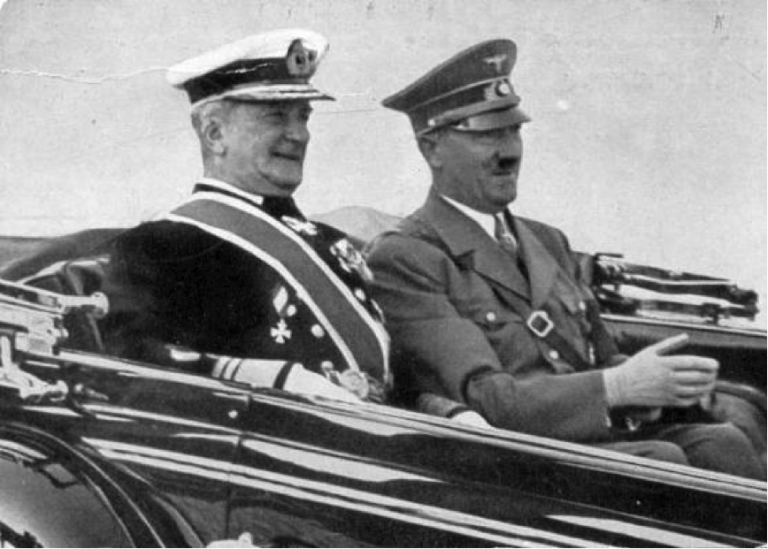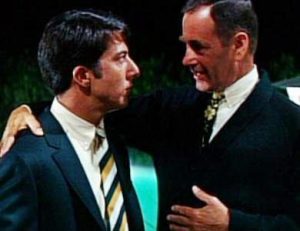Re: Thagard, Paul: “Why Pets Are NOT People“
(1) Calling non-human animals “people” is the same as calling them human (members of our species), which is of course nonsense. But seeking the legal (and technical) status of “person” for non-human animals if they are to be afforded protection in court is not nonsense.
(2) The analogy with slavery is not invalid, but the common point is not being human beings but being sentient beings (i.e., capable of feeling, suffering).
(3) Well-treated domestic pets are not the problem (if they are rescues and do not reproduce), but even they are in the tiny minority among domestic pets (most of whom are bought from breeders and not well treated, and some of whom reproduce). The problem is needless human-induced suffering in sentient beings, the amount and proportion of which is monstrously, obscenely, and increasingly enormous.
(4) People enjoy having pets, eating meat, wearing fur, going to rodeos, hunting: does this trump the needs and suffering of the countless sentient beings who are the victims of this human enjoyment?
(5) There are interests and there are vital (life/death/survival) interests. Obligate carnivores (like lions) in (what is left of) nature must kill and eat their prey to survive. That is a vital interest. The water-buffalo needs to try to kill or rout an attacking lion to survive. That is a Darwinian conflict of vital interests.
(6) But human interest in having pets, eating meat, wearing fur, going to rodeos, hunting… are not vital interests. (Notice that I skip over that deeply troubling conflict of vital interests that is the small minority of biomedical research that saves [human] lives.)
(7) To have a vital (life/death/survival) interest, a sentient being must be born.
(8) Purpose breeding of sentient beings by human beings to serve human non-vital interests is morally wrong, if anything is morally wrong.
(9) The only one entitled to judge whether it is better for a sentient being to be born is that sentient being — not the breeder.



 Although I don’t think trees feel, I share your feelings about trees,
Although I don’t think trees feel, I share your feelings about trees, 
 They grew for several years, until I realized what I had really been feeling. I became a vegetarian when I turned 17, and told my mother she could empty that drawer now. But it was only in
They grew for several years, until I realized what I had really been feeling. I became a vegetarian when I turned 17, and told my mother she could empty that drawer now. But it was only in 

 One finds oneself almost — but not quite — wishing that Trump’s Korean kaklomacy fizzles. But one must suppose, I suppose, that nuclear war is a greater menace than the metastasis of Trump’s vulgar, ignorant, infantile, egocentric, amoral and anarchic buffoonery.
One finds oneself almost — but not quite — wishing that Trump’s Korean kaklomacy fizzles. But one must suppose, I suppose, that nuclear war is a greater menace than the metastasis of Trump’s vulgar, ignorant, infantile, egocentric, amoral and anarchic buffoonery.